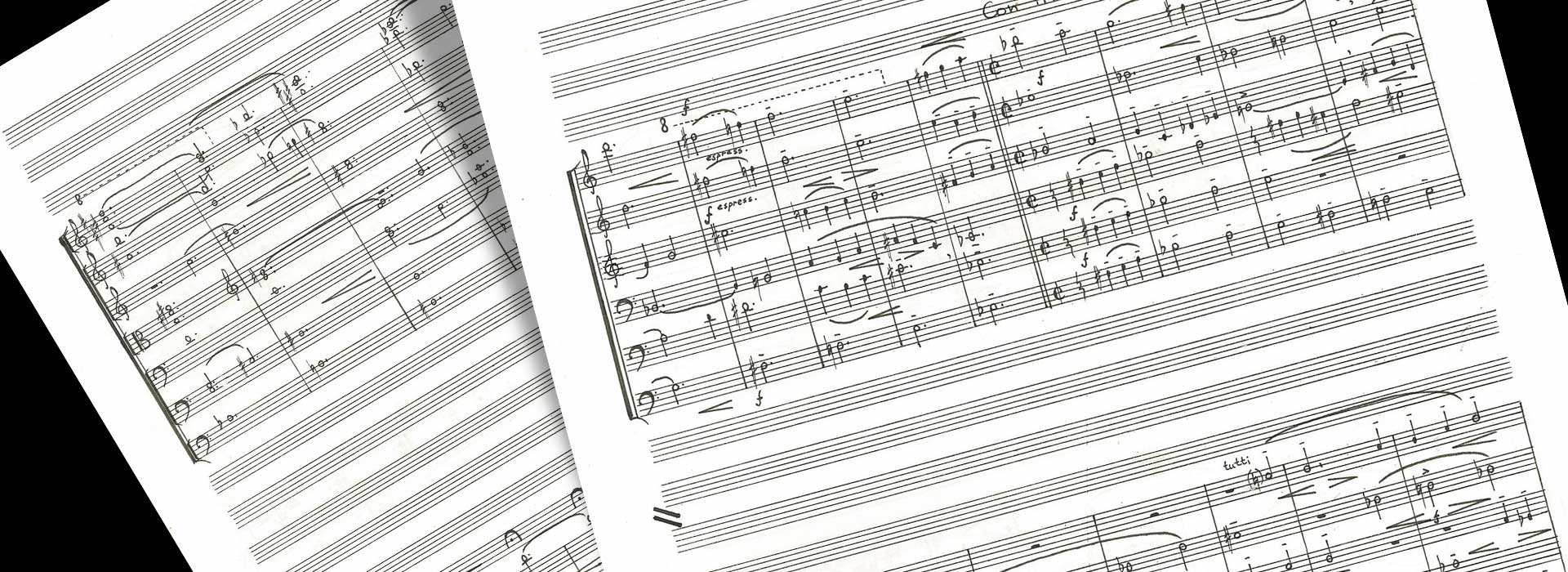String Quartet No.1 (1990-2006)
Publications: IMC
Performances:
Biennale Tel-Aviv Festival 2006; Maximum Auditorium “Music an der Eth” series, Zurich, Switzerland, 2007: Les AMIS Concerts, Arts & Letters Club of Toronto, K-W. Chamber Music Society Waterloo, Canada; Hamilton Chamber Music Society; The Flemington Jewish Community Center; Sant Barbara Art Museum; Buffalo Chamber Music Society, USA; 2008, November: Stockholm Concert House, Malmö (Sweden) Chamber Music Series – “Aviv” Quartet)
In a sense, this piece bears strong autobiographical connotations, and could be seen as a kind of a musical diary of the composer with a span of more than fifteen years and thousands of kilometers separating the initial point of this long journey from its completion. The original version of the quartet was conceived and composed in a still Soviet-Russia Moscow, where the composer, at age 16, was having his first experiences as a self-dependent artist in the atmosphere of the utter uncertainty concerning the future of himself and his country. Hence the tense atmosphere of the first movement, bearing the tempo marking of Allegro Affannato (“fast and restless”) and carrying on a clear dialogue with the musical language of Prokofiev-Shostakovich school.
The following Scherzo and The Lullaby (“Das Wiegenlied”) are both in the same type of discourse with musical figures that were so important to their author at the time and that defined in many ways his further artistic development – Bartók, Scriabin, Berg.
However by the time we reach the Allegro Fugato movement, it becomes obvious that the obedience to the rules acquired in Moscow has weakened considerably, and, although some characteristic elements of the normative fugal writing are still there, they were soon being demolished by the onslaught of the new sounds from Western-influenced winds: here is a reference to the European post-avant-garde aesthetics on the one hand, together with allusions to the rock and jazz-rock stream on the other. The movement was completed shortly after Brener spent almost seven years studying and working in Middle-Western Europe (Germany, Holland, Belgium) and became acquainted with, among other things, trends of contemporary European music.
The last movement, “Afterthought”, which also gave an impetus to the short introduction before the first Allegro Affanato and a short intermezzo between it and the Scherzo, was written after almost ten years in Israel. While standing by itself stylistically, paradoxically it closes the circle by returning to a very primordial, genuinely folk Russian feeling. Thus, in a sense this “Afterthought” in reality is not a part of the cycle’s body, but rather is a summing up, uninvolved and objective look to that time back in Moscow, where the first bars of this piece were written eighteen years ago.





